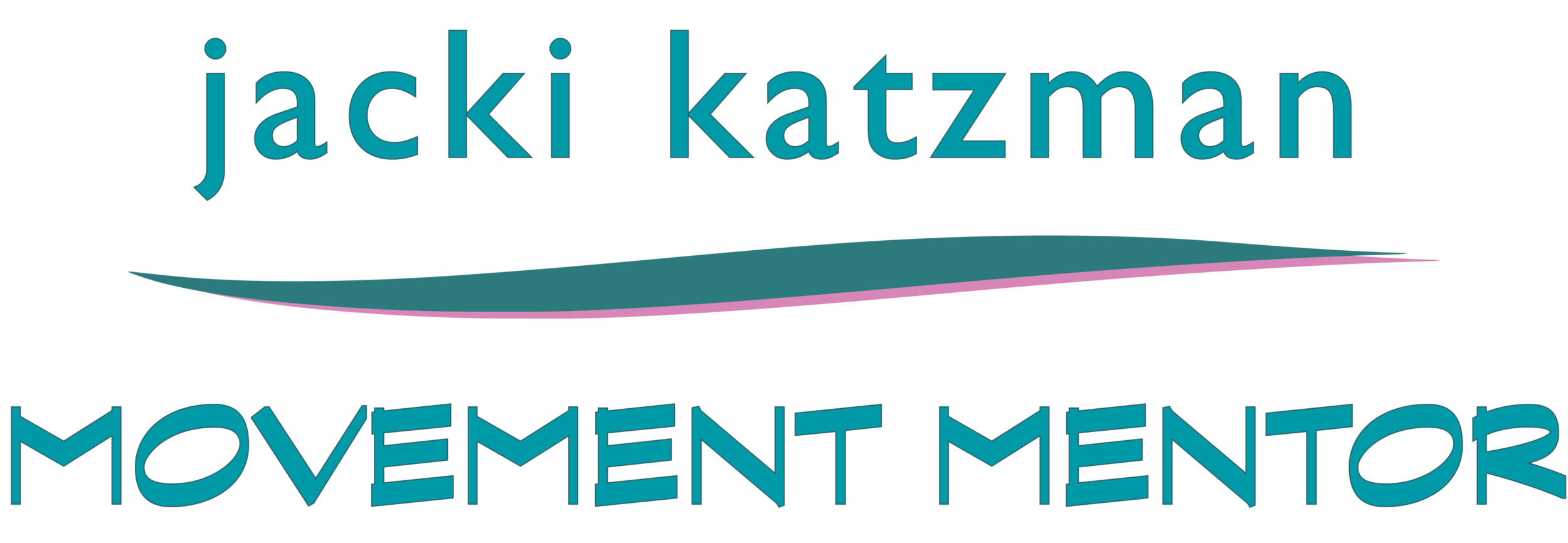When (Our Own) Creativity Scares Us
A confession: Early in my career, a new fad arose: the MFA is the new MBA. I was thrilled because - hey, creativity, right?
My foolish naïveté. Corporate America in NOT interested in any “creativity” that rocks the boat or requires actual change. Not even the Venture Capital crowd, with all their talk of “disruptive” technologies and business models, is all that interested in creative approaches. Just ask my brother, founder of Core Learning Exchange, an EdTech company trying to bring tech-savvy career and technical training to students in all zip codes.
My lived, burned experience is backed up by science as told in an April 16, 2022 NYT article: We Have a Creativity Problem Outwardly, we praise innovation. Inwardly, we harbor a visceral aversion to it, studies have found.
The article is actually a reference to the book Understanding Creativity. A Journey Through Art, Science, and the Soul (audio version - 11h 33 min - also available) penned by the author Matt Richtel, released April 24, 2022.. (Richtel hasn’t hit the podcast circuit yet, nor have many reviews been posted, so this is what I have to go on.)
Matt Richtel is a Pulitzer Prize-winning reporter for The New York Times and bestselling author of fiction and non-fiction. His basic premise is this book: “[C]reativity is terrifying. Subconsciously, research shows, people associate it with vomit, toxins and other scary ideas. Why? Creativity means change, even death. Understanding this reality helps unlock creativity and our bias against it.”
Yes, we have implicit bias against creativity, even as we embrace it conceptually.
A few excerpts from the article:
“[T]he emerging science of implicit bias has revealed that what people say about creativity isn’t necessarily how they feel about it. Research has found that we actually harbor an aversion to creators and creativity; subconsciously, we see creativity as noxious and disruptive...
This time the researchers found a significant difference in the results: Both groups expressed positive associations with words like “practical” and “useful,” but the group that had been primed to feel uncertain (because members were unsure whether they would receive a bonus) expressed more negative associations with words suggesting creativity....
The reasons for this implicit bias against creativity can be traced to the fundamentally disruptive nature of novel and original creations. Creativity means change, without the certainty of desirable results...
“Our findings imply a deep irony,” the authors noted in the 2012 paper. “Prior research shows that uncertainty spurs the search for and generation of creative ideas, yet our findings reveal that uncertainty also makes us less able to recognize creativity, perhaps when we need it most.””
According to other sources, the book has much to offer on the science of enabling creativity:
Blending science and personal development, Richtel not only walks readers through how to maximize their creative potential, but also provides scientific and anecdotal evidence on how accessing creativity serves as a key to success in any field and a source of deep personal fulfillment and meaning. - Goodreads
Many of the questions Richtel addresses are practical: What are the traits of successful creators? Under which conditions does creativity thrive? How can we move past creative blocks? The ultimate message of Inspired is that creativity is more accessible than many might imagine, as necessary, beautiful, and fulfilling as any essential part of human nature. - Bookshop.org
I am willing to bet that many of the techniques that create a container for creativity, that enable the drop into the creative mind, that guide creators past blocks, are all already embodied in the Feldenkrais Method. However, stay tuned for the evidence…


